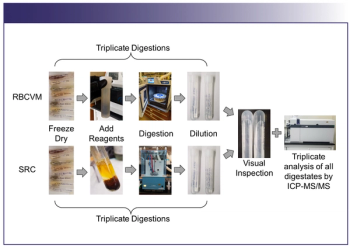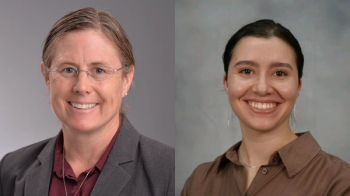
Call for Papers November 2015 Supplement: Applications of ICP and ICP-MS Technology for Today's Spectroscopists
Spectroscopy magazine is seeking contributed manuscripts for its November 2015 supplement on inductively coupled plasma (ICP) and inductively coupled plasma–mass spectrometry (ICP-MS). This supplement will include explanations of fundamentals of ICP and ICP-MS, along with discussions of recent advances in the technology and applications-oriented articles.
Manuscripts should be approximately 2,000-2,500 words long, plus figures and tables as needed, including an abstract of approximately 150-200 words. Applications articles should follow a standard experimental article format. Figures and tables, along with their captions, should appear at the end of the manuscript, and figures also must be sent as separate files, preferably in JPG, TIF, PNG, or XLS format. References should be called out using numbers in parentheses and listed at the end of the manuscript in numerical order.
Submissions from equipment manufacturers will be considered but must be devoid of promotional content; discussions of new technology should not focus on a specific manufacturer’s instrument.
Due date for abstract submission: June 26, 2015
Due date for completed articles: August 14, 2015
Suggested article length: ~2000–2500 words, plus figures and tables as needed
Where to submit: Send all proposals and completed articles to Editor Laura Bush, at lbush@advanstar.com (tel. +1.732.346.3020).
For more than 28 years, Spectroscopy has been providing information to enhance productivity, efficiency, and the overall value of spectroscopic instruments and methods as a practical analytical technology across a variety of fields. Scientists, technicians, and laboratory managers gain proficiency and competitive advantage for the real-world issues they face through unbiased, peer-reviewed technical articles, trusted troubleshooting advice, best-practice application solutions, and educational web seminars.
Newsletter
Get essential updates on the latest spectroscopy technologies, regulatory standards, and best practices—subscribe today to Spectroscopy.




